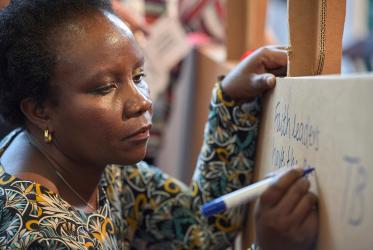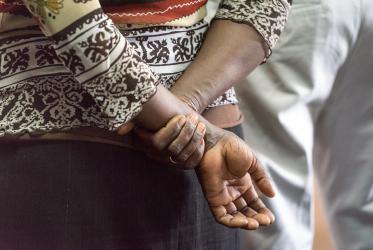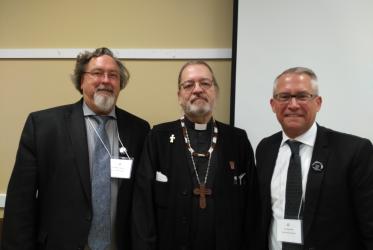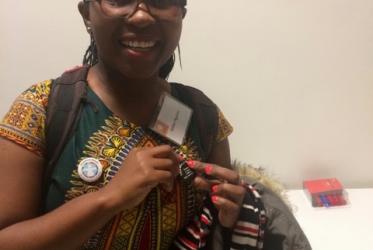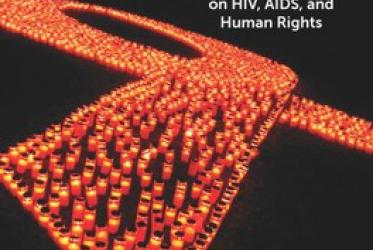Displaying 1 - 14 of 14
WCC condemns attack at Hanukkah celebration in New York City
29 December 2019
Canadian churches celebrate WCC’s 70th anniversary
27 November 2018
Pan African Women of Faith issue fervent Call to Action
20 November 2018
EKD delegation, other visitors grace WCC
26 October 2018
"We have our work cut out for us"
10 August 2017
WCC book featured in UN discussion on gender, religions and health
16 September 2016
